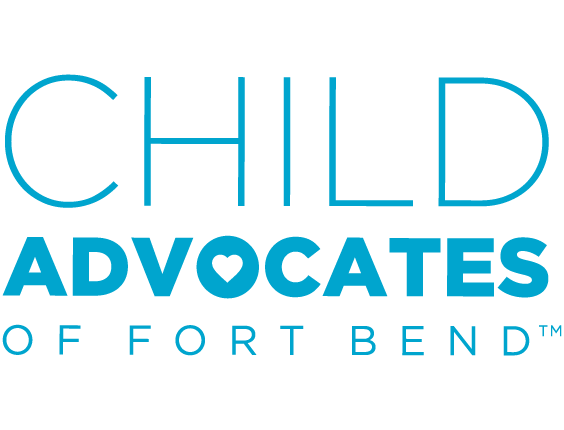FAQs
A: The policy of the Fort Bend Children’s Advocacy Center is that parents are not allowed in the interview room during the interview. The main reason for this is that the interview must be “legally defensible.” The interviewer is responsible for everything that happens in the interview and has been trained on how to ask questions that will stand up in court. If a parent is in the interview room with the child, an attorney may argue that the parent was cueing the child on how to answer the interviewer’s questions. Additionally, children will try to avoid answering questions when parents are present.
A: That is up to the discretion of law enforcement and/or CPS. The interview is considered to be the child’s official statement, and therefore is considered evidence. Because of its purpose, investigators usually do not show the interviews. Also, even though parents think they want to view their child’s interview, its may be emotionally difficult for a parent to see their child give the details.
A: Yes. Following the interview, team members (i.e. CAC staff, Children’s Protective Services, Law Enforcement, etc.) will meet with you to discuss the interview in general and explain what will happen next. At that time, a CAC staff member will discuss with you what services may be available for your child. Please feel free to bring up any questions or concerns you have so that they can be addressed.
A: That depends on your child. Typically, the younger the child, the shorter the interview, but it is very difficult to estimate how long an interview will last. Remember, the CAC is here to make this experience as easy as possible for your child.
A: Absolutely not. The purpose of a Children’s Advocacy Center is to provide a neutral, child-friendly place for a child to tell their story. Our Forensic Interviewers undergo extensive training on how to interview in a gentle, age-appropriate, non-leading manner. Your child will set the pace and will be able to answer questions as they feel comfortable.
A: No. Our forensic interviewers are trained to use the language of the child, and to also let the child talk to them about what they know and about what happened to the child without giving them knowledge they did not previously have. We do provide safety education to children regarding touching when appropriate.
A: Every case is different. However, the recorded interview cannot be used in a trial in lieu of a child’s testimony. Under the Sixth Amendment of the Constitution, the defendant has a right to confront his accuser. If criminal charges are filed, Fort Bend has a Children’s Court Services program that would help prepare you, your child, and your family for that experience.
Therapy is very helpful for children who have been abused. When team members meet with you following the interview, they will discuss with you what therapy options are recommended, and what appropriate therapy services are available. It is usually very helpful for a child who has been abused to meet with a therapist regarding the feelings associated with their experiences.
No, we are not Children’s Protective Services. The Children’s Advocacy Center is a program of Child Advocates of Fort Bend, a not-for-profit that advocates for children who have been abused. The Children’s Advocacy Center provides services to CPS (at no charge) which include high quality, legally defensible forensic interviews. The Children’s Advocacy Center also aids CPS in the coordination of the investigation with local law enforcement agencies and the District Attorney’s Office.
